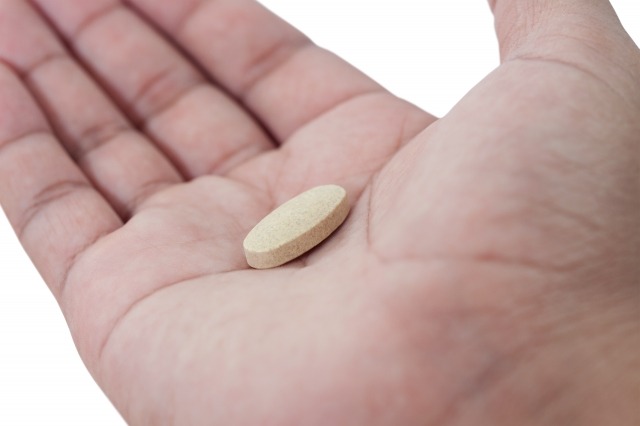Women often ask if they have hyperemesis gravidarum (HG) or just severe morning sickness. Early in pregnancy, it may be difficult to know because HG may develop gradually. If you find yourself dehydrated and/or losing weight rapidly (1-2 pounds [0.45-0.9 kgs.] a week or more) due to severe nausea and vomiting, find a health professional who understands HG management.
Sometimes morning sickness will progress to HG due to ineffective or inadequate care. Delaying treatment over concerns of any possible risks to the mother and child increases the risks for known complications of HG to both from chronic dehydration and malnutrition. Further, many medications such as promethazine and Zofran (ondansetron) have been used for decades and research finds little if any increase in risk to the unborn child, even if taken early in pregnancy.
What is the definition of HG?
HG is a potentially life-threatening pregnancy disease that may cause weight loss, malnutrition, dehydration, and debility due to severe nausea and/or vomiting, and may cause long-term health issues for mother and baby(ies).
What is HG? Understand the difference in severity between Morning Sickness and Hyperemesis Gravidarum (HG).
Significant (>5% of your pre-pregnancy weight) weight loss and recurrent dehydration are classic signs of HG.
| Hyperemesis Gravidarum | Morning Sickness |
|---|---|
| You lose 5-20 pounds or more. (> 5% of prepregnancy weight). | You lose little if any weight. |
| Nausea and vomiting cause you to eat very little and get dehydrated if not treated. | Nausea and vomiting rarely interfere with your ability to eat or drink enough each day. |
| You vomit, or feel the need to, often and may vomit bile or blood if not treated. Nausea is usually moderate to severe and constant. | You vomit infrequently and the nausea is episodic but not severe. You have significant discomfort and misery. |
| You will probably require fluid hydration through an IV and/or medications to ease your symptoms. | Traditional remedies like diet or lifestyle changes are enough to help you feel better most of the time. |
| You usually feel some relief by mid-pregnancy, but may be nauseous and/or vomit until late pregnancy. | You typically improve after the first trimester, but may be queasy at times throughout pregnancy. |
| You will likely be unable to work for weeks or months, and may need help just caring for yourself. | You will be able to work most days and care for your family, though less than usual at times. |
| You may feel anxious about what lies ahead if you had HG before. You will likely become depressed due to misery and physical depletion. More severe HG often is traumatic and may impact you for years to come. | You may feel a bit depressed at times, especially if you have more severe nausea, but are able to be your usual self most of the time. You will likely forget most of the unpleasantness after delivery. |
Calculate Your Weight Loss
Every woman with HG loses weight unless they are given IV nutrition and medications at the start of HG. Calculate the percentage you have lost to see if you should call your doctor.
Calculate your Percent Weight Change by entering your usual weight and actual (current) weight below:
| Time | Significant Weight Loss (%) | Severe Weight Loss (%) |
|---|---|---|
| 1 week | 1-2% | > 2% |
| 1 month | 5% | > 5% |
| 3 months | 7.5% | > 7.5% |
| 6 months | 10% | > 10% |
Source: Reprinted from Blackburn GL, Bistrian BR, Maini BS, Schlamm HT, Smith MF. "Nutritional and metabolic assessment of the hospitalized patient." JPEN. 1977; 1:11-22.
* Percent Weight Change = [(Usual Weight - Actual Weight) ÷ (Usual Weight)] x 100
NOTE: This scale is based on non-pregnant subjects.







